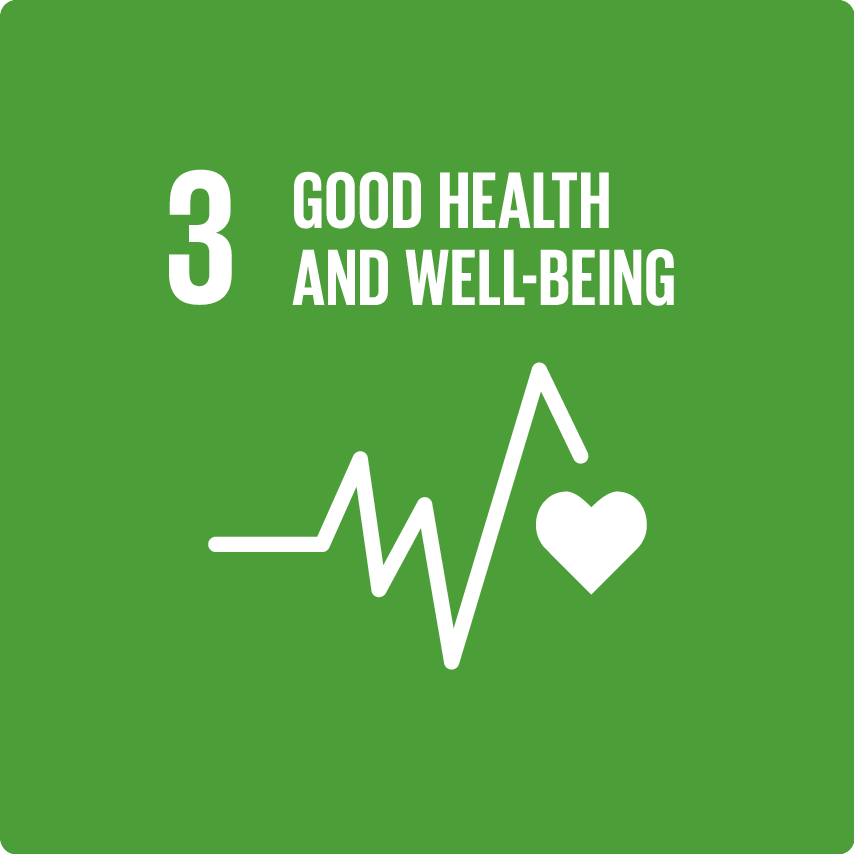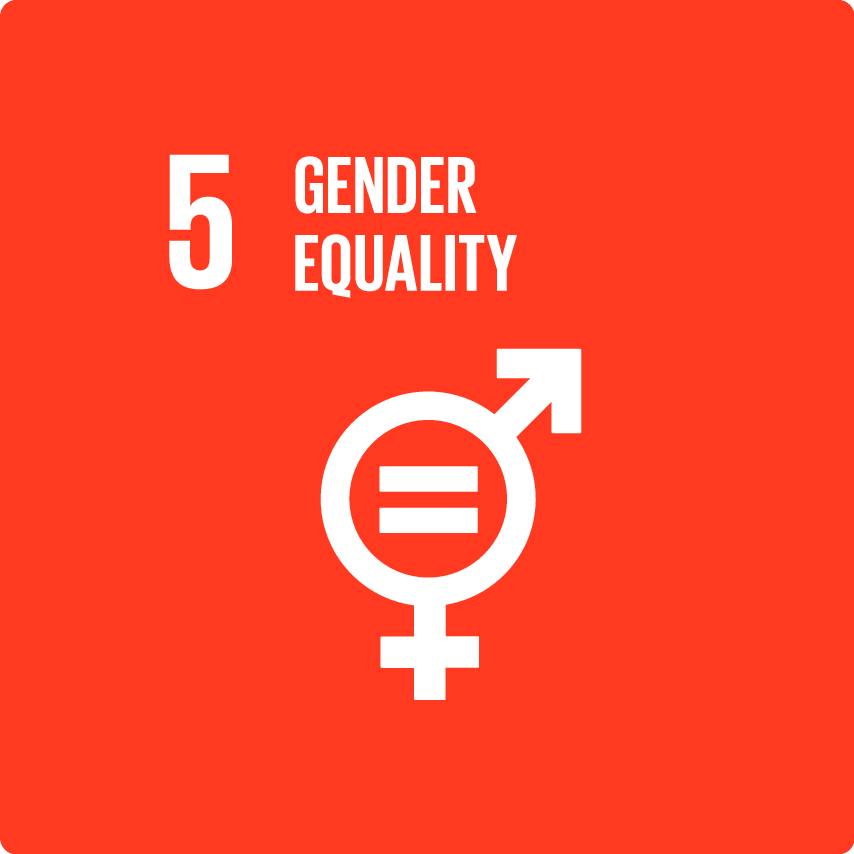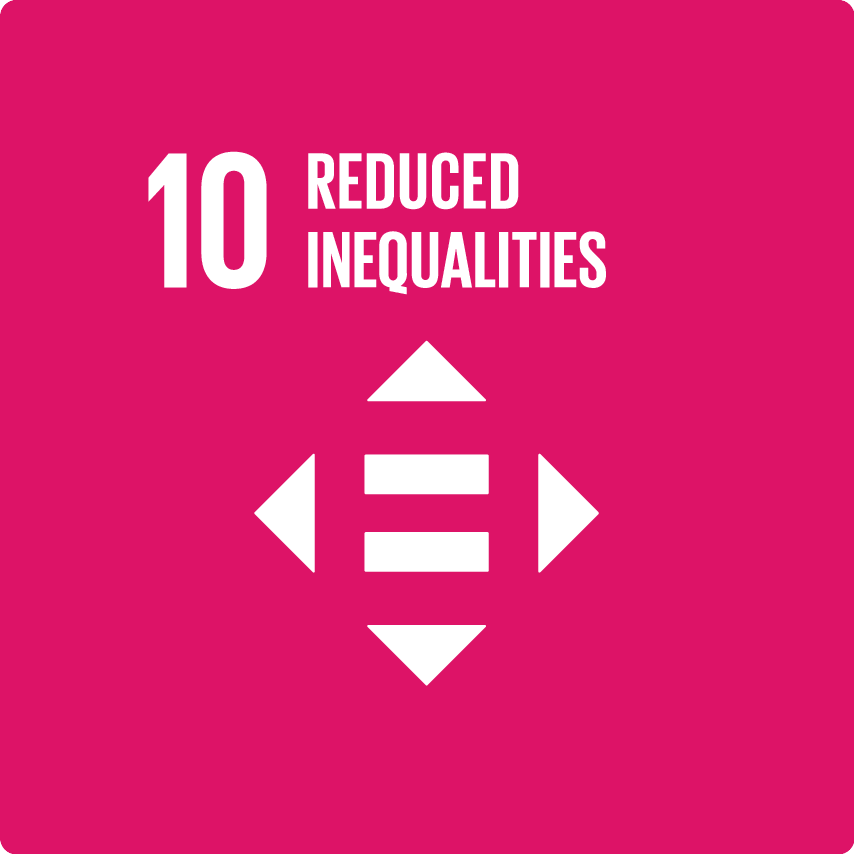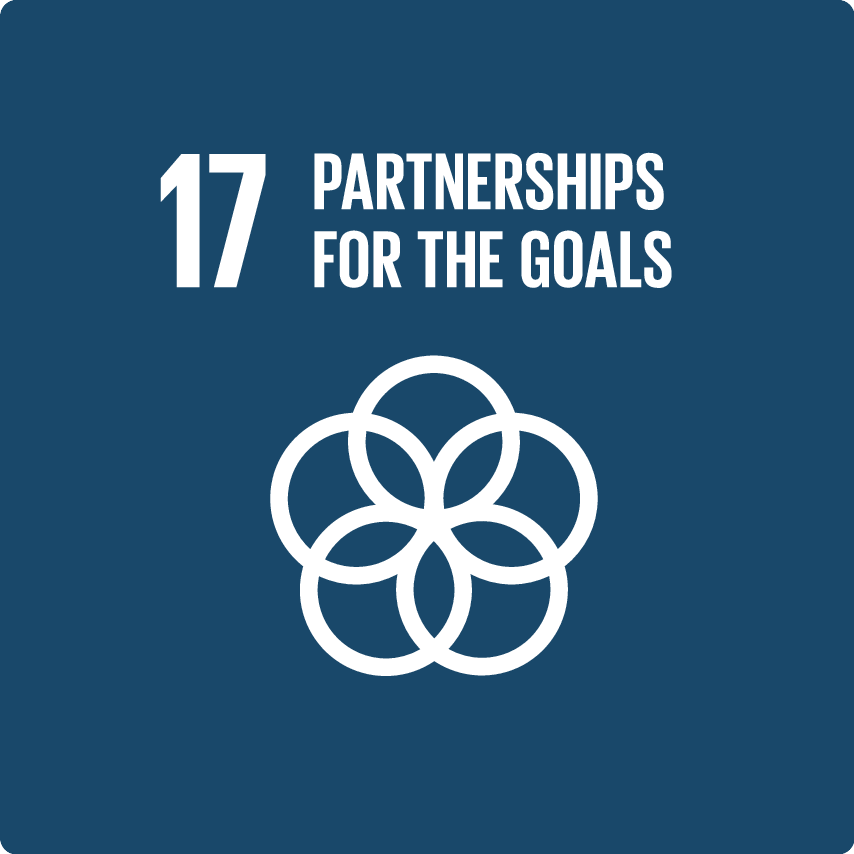Action on Fistula
Transforming the treatment landscape in Kenya by offering life changing surgery to women with obstetric fistula.
SEE ALL PARTNER ORGANIZATIONS
Objectives
- Treat women with obstetric fistula to life changing surgery
- Set up a fistula treatment network to extend access to services
- Build a major outreach programme to identify and bring women in for treatment
What are the health needs and challenges?
An obstetric fistula is an injury caused by prolonged obstructed labour, leading to faecal or urinary incontinence or both. It most commonly occurs among women who live in rural communities in low-resource countries, who are not aware that help is available or are unable to reach a hospital.
Women with fistula are often subject to severe social stigma due to odour, which is constant and humiliating, and in many cases drives the patients’ family, friends and neighbours away. Stigmatised, these women are also often denied access to education and employment and left to live lives of isolation and poverty.
The United Nations Population Fund (UNFPA) estimates 3,000 new cases of obstetric fistula occur annually in Kenya, with approximately one to two fistulas for every 1,000 deliveries.
Partnership activities and how they address needs and challenges
Action on Fistula, supported by a grant from Astellas Pharma Europe Ltd., an affiliate of Astellas Pharma Inc., (collectively referred to as “Astellas”), is a programme set up by the Fistula Foundation in 2014 to transform the lives of more than 1,200 women in Kenya living with fistula. This was Phase I of Action on Fistula.
Now in phase II, grant funding to date is of €2.25 million from Astelllas Pharma Europe. It is being used to transform the lives of 4,500 women in Kenya suffering due to obstetric fistula by identifying and treating the condition as well as supporting those who receive the surgical intervention throughout their treatment journey. In addition, the program aims to significantly increase the number of qualified surgeons with fistula repair skills, and increase the number of nurses trained in obstetric fistula care.
The four main focuses of Action on Fistula
1. Innovative Community Outreach: Action on Fistula formed partnerships with media houses in Kenya who broadcast fistula messages on the radio, reaching areas across the country. The radio spots have included prerecorded public service announcements, as well as live talk shows where callers can phone in to get more information. This approach has led to increased awareness of fistula and has been responsible for some of the patients’ referrals. Additionally, health care providers are sensitized on fistula signs and symptoms and referral methods, enhancing awareness at health centers close to where women live.
2. Surgeons and Community Health Volunteers Training: Action on Fistula trains surgeons who are certified at International Federation of Gynecology and Obstetrics (FIGO) Standard and continue to strengthen their skills with ongoing training opportunities. Action on Fistula funded the upgrade of Gynocare Women’s and Fistula Hospital to a new state-of the-art hospital, which was inaugurated on October 5, 2016, enabling more local surgeons to receive training closer to home in eastern Africa. Additionally, Action in Fistula trains Community Health Volunteers on how to identify and refer fistula patients.
3. A Collaborative Network of Fistula Hospitals: Action on Fistula supports the sharing of resources and referrals among fistula treatment hospitals which are equipped with operating equipment and surgical supplies by Action on Fistula. Six treatment centers located in Kitale, Eldoret, Kisumu, Kisii, Nairobi, and Mombasa are working efficiently to provide regular fistula repair surgery.
4. Screening, Surgery, and Post-surgery Care: Action on Fistula has a hotline for screening potential fistula patients. The hotline operator screens each potential fistula patient and, if they meet the threshold for referral from the screening tool score, refers the patient to the nearest Action on Fistula treatment center. The patient receives surgery and post-surgery care at the treatment centers.
Results and milestones
From May 2017 – April 2020 Action on Fistula will:
- Provide surgeries to an additional 2,000 women with fistula and continue to build capacity in Kenya to deliver ongoing treatment.
- Extend its treatment network to up to eight treatment centres.
- Train a further six surgeons at the Gynocare Women’s and Fistula Hospital in Kenya, including clinicians from outside the country to build capacity across sub-Saharan Africa and South-East Asia.
- Train 10 fistula nurses to support women through their treatment journey.
- Establish 20 support groups throughout Kenya to provide recovering fistula patients with psychosocial assistance, economic empowerment and income-generating activities to help enable survivors to return to their communities.
Measurement of progress towards objectives
Estimated overall value of partnership: Through the commitment and skill of the Fistula Foundation working to train surgeons and mobilise outreach teams on the ground in Kenya, Action on Fistula has transformed the lives of more than double the number of women it initially set out to support.
Estimated amount of people impacted: Target to treat 4,500 women with obstetric fistula in Kenya by 2020.
Geographic Reach
- Africa
Disease Area
- Non-communicable diseases
Target Population
- Women
- People with low incomes
- Rural populations
- Marginalized/indigenous people
Partner organizations
Additional resources
Geographic Reach
Africa
- Kenya
Disease Area
Non-communicable diseases
- General Noncommunicable Disease Care (Health System)



